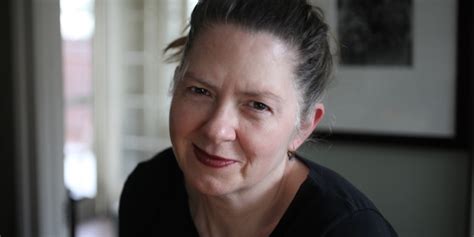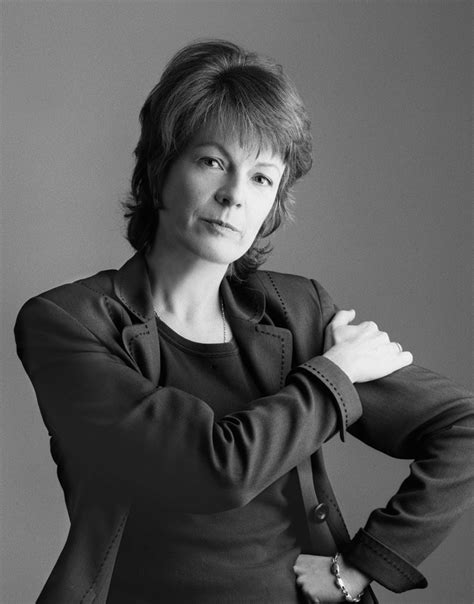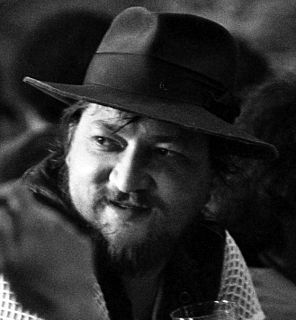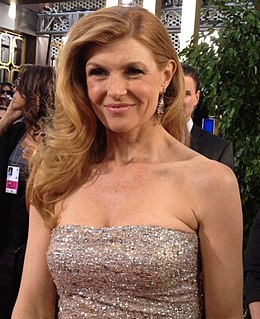A Quote by Nina Jacobson
Women are making strides in many areas and women have mentored and supported me along the way. I think that women are underrepresented behind the camera as directors.
Related Quotes
American commercial cinema has long been dominated by men, but I don’t think there has ever been another time when women have been as underrepresented on screen as they are now. The biggest problem isn’t genuinely independent cinema, where lower budgets mean more opportunities for women in front of and behind the camera. The problem is the six major studios that dominate the box office, the entertainment chatter and the popular imagination. Their refusal to hire more female directors is immoral, maybe illegal, and has helped create and sustain a representational ghetto for women.
There still aren't enough[ roles for women of color]. And I'd say that's the case, not only for African-American women, but for all women in the Hollywood game. It's just slim pickings, and a very challenging time for us. I think that's why more of us need to work our way behind the camera in order to create roles that really illuminate who women are. We still have room for growth in that area, without a doubt.
Marjan. I have told him tales of good women and bad women, strong women and weak women, shy women and bold women, clever women and stupid women, honest women and women who betray. I'm hoping that, by living inside their skins while he hears their stories, he'll understand over time that women are not all this way or that way. I'm hoping he'll look at women as he does at men-that you must judge each of us on her own merits, and not condemn us or exalt us only because we belong to a particular sex.
There are so many women out there who are single moms, really not by choice, and doing it and making it work every day. I think it's becoming much more a part of our culture and I hope that it will become more accepted and that those women are going to be more and more appreciated, respected and supported.
We have so few women in Congress. We are so underrepresented and whether we like it or not, we are in area - in an era that still the women, the handful that are there, have two jobs: they represent the constituency that they're from, and they also represent the women of the nation or the state or sometimes as Maloney has done, of the world.


































